COMMUNICATION & INTEROPERABILITY

Law Enforcement Collaboration Within Multidisciplinary Teams
- Richard Schoeberl and Anthony (Tony) Mottola
Multidisciplinary teams are inherently collaborative and benefit intricate police cases and vulnerable populations. Adopting the expertise of professionals in medicine, social work, forensics, and more, these teams deliver a more thorough and efficient response than a single agency could accomplish independently.
Most Recent
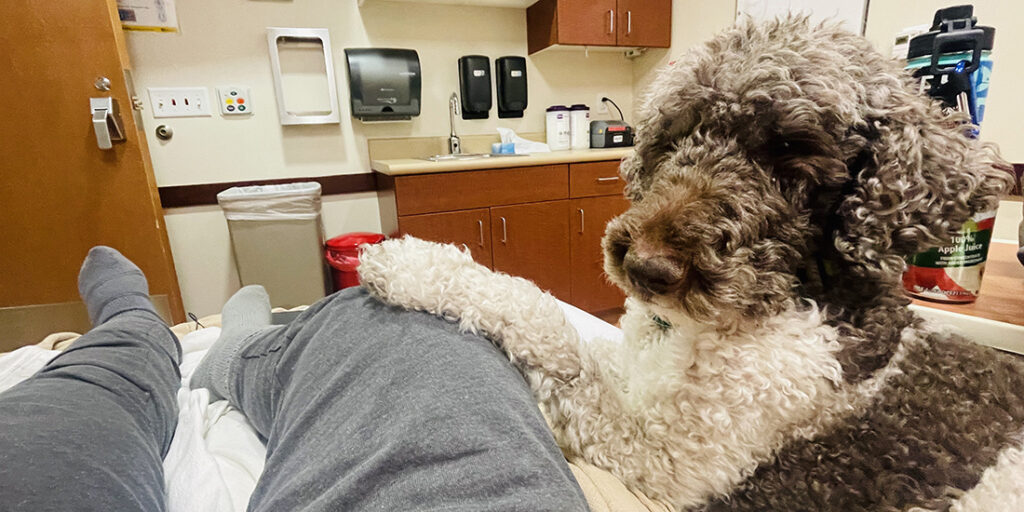
Understanding Service Dogs: What First Responders Need to Know
Susan Cohen
June 4, 2025
Service dogs do far more than guide or retrieve—they are medical equipment, trained to monitor, alert, and even intervene during a health crisis. For first responders, understanding these working dogs can mean the difference between life and death.
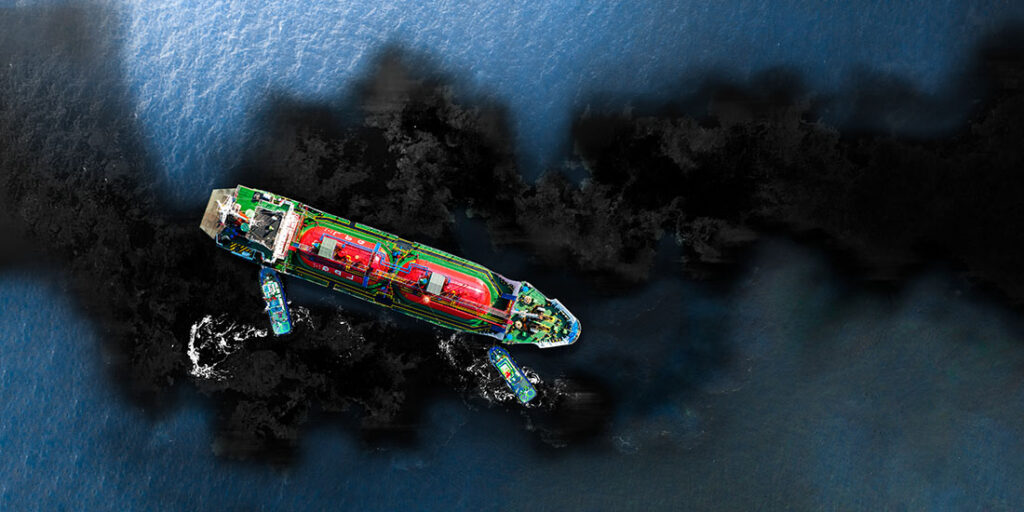
Psychosocial Hazards: Preventing Human-Caused Disasters
I. David Daniels
May 28, 2025
Some of the greatest human-caused disasters in modern history can be attributed to unaddressed psychosocial hazards. Flawed safety cultures contribute to tragic outcomes in which concerns are not taken seriously and dissent is stifled. Learn how to take precautions against a preventable disaster.
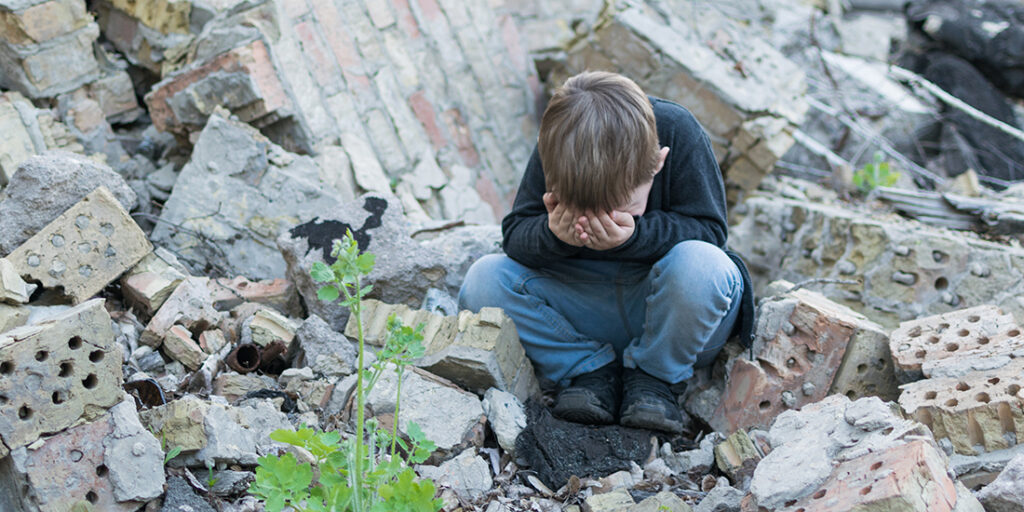
Meeting the Psychosocial Needs of Child Survivors
Emily Heard
May 21, 2025
Without adequate support and resources, disasters can leave lasting psychological effects on children. In the United States, an estimated 14% of children experience a natural disaster during childhood. Providing psychosocial support is essential in helping them cope with these challenges, thereby building resilient communities.
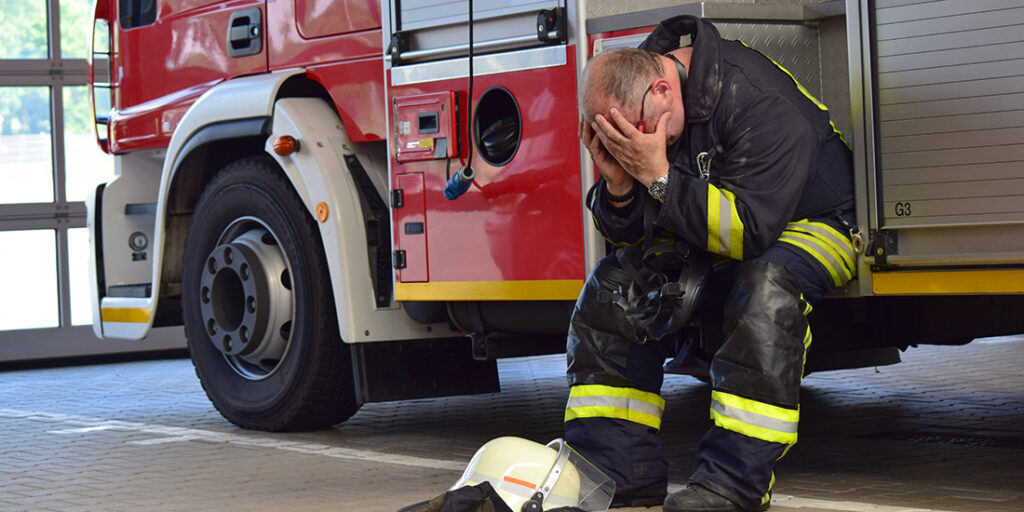
Physical and Mental Injuries in First Responders: Why Wait?
Pascal Rodier
May 14, 2025
First responders undergo intense physical training to ensure they are physically prepared for emergencies. Yet despite the high-stress nature of their work, mental fitness is not given the same priority. To truly support first responders, mental wellness must be fully integrated into recruit training programs and proactively addressed throughout their
COMMUNICATION & INTEROPERABILITY ARCHIVES
Physical and Mental Injuries in First Responders: Why Wait?
Pascal Rodier
May 14, 2025
First responders undergo intense physical training to ensure they are physically prepared for emergencies. Yet despite the high-stress nature of their work, mental fitness is
Not Lost in Translation: A Multilingual Corps Approach
Diana Sanchez-Vega
May 14, 2025
Disaster survivors and responders often face psychological hazards like acute stress disorder, depression, and post-traumatic stress. These issues are worsened in multilingual communities, where language
A Holistic Strategy for Responders’ Well-Being
Camilo Olivieri
May 7, 2025
First responders and emergency managers face constant, high-pressure stress from trauma, long hours, and critical decisions. This often leads to chronic stress, increasing risks of
Bridging Communication Gaps: Lessons from Hurricane Helene
Greg Hauser
April 30, 2025
Hurricanes in 2024 caused widespread damage to infrastructure, leading to a critical but often overlooked issue: isolation. Physical and technological disruptions left public safety personnel
Connectivity: The Foundation of Disaster Response and Preparedness
Cory Davis
April 30, 2025
In an era of increasingly frequent and severe weather events, the demands on first responders have never been greater. To navigate high-stakes, rapidly evolving situations,
Emergency Alerts: The Missing Link
Rodrigo (Roddy) Moscoso
April 23, 2025
As satellite-to-cell technology grows more common, cell phone makers must move quickly to adopt it. This link can bridge emergency services and the public, no
Follow Us
Get Instant Access
Subscribe today to Domestic Preparedness and get real-world insights for safer communities.
COMMUNICATION & INTEROPERABILITY
Most Recent

Hidden Barriers to Public Safety Interoperability
Gabe Elias
April 23, 2025
Decades of work have improved public safety’s ability to share information. However, the journey toward better interoperable communication requires uncovering
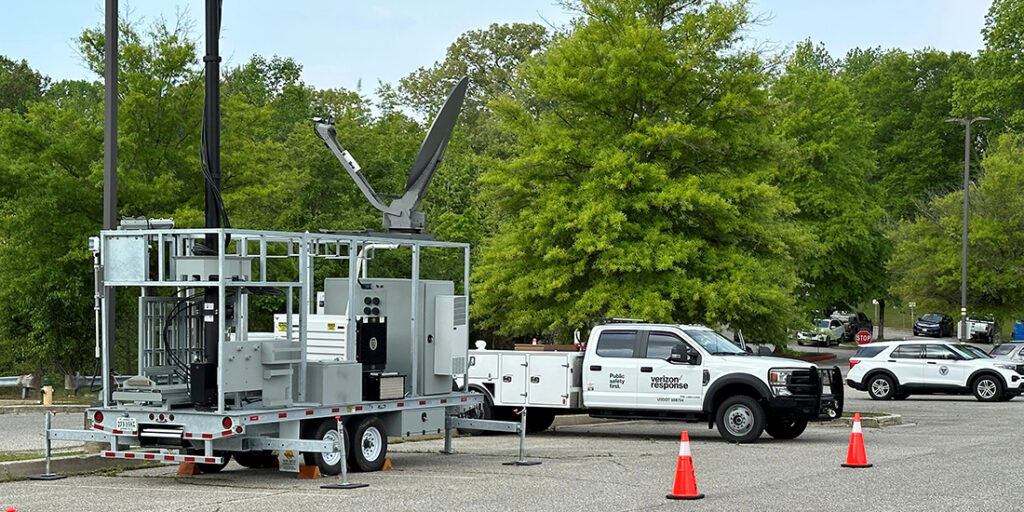
A Regional Approach to Public Safety Communications Planning
Charles (Charley) Bryson
April 16, 2025
Despite significant investments in public safety, critical training gaps for first responders persist. Regional planning committees, established by the FCC

A Systems Thinking Approach to Improving Emergency Communications
William Chapman
April 16, 2025
“PACE” planning helps organizations fail gracefully, but systems thinking reduces the likelihood of failure altogether. Combining both approaches helps organizations

Know the Audience: Five Keys to Effective Communication
Marc Hill
April 9, 2025
Effective communication starts with understanding your audience—who they are, what they know, why they’re listening, and what they need to
COMMUNICATION & INTEROPERABILITY Archives
Physical and Mental Injuries in First Responders: Why Wait?
Pascal Rodier
May 14, 2025
First responders undergo intense physical training to ensure they are physically prepared for emergencies. Yet despite the high-stress nature of their work, mental fitness is
Not Lost in Translation: A Multilingual Corps Approach
Diana Sanchez-Vega
May 14, 2025
Disaster survivors and responders often face psychological hazards like acute stress disorder, depression, and post-traumatic stress. These issues are worsened in multilingual communities, where language
A Holistic Strategy for Responders’ Well-Being
Camilo Olivieri
May 7, 2025
First responders and emergency managers face constant, high-pressure stress from trauma, long hours, and critical decisions. This often leads to chronic stress, increasing risks of
Bridging Communication Gaps: Lessons from Hurricane Helene
Greg Hauser
April 30, 2025
Hurricanes in 2024 caused widespread damage to infrastructure, leading to a critical but often overlooked issue: isolation. Physical and technological disruptions left public safety personnel
Connectivity: The Foundation of Disaster Response and Preparedness
Cory Davis
April 30, 2025
In an era of increasingly frequent and severe weather events, the demands on first responders have never been greater. To navigate high-stakes, rapidly evolving situations,
Emergency Alerts: The Missing Link
Rodrigo (Roddy) Moscoso
April 23, 2025
As satellite-to-cell technology grows more common, cell phone makers must move quickly to adopt it. This link can bridge emergency services and the public, no
Follow Us
Get Instant Access
Subscribe today to Domestic Preparedness and get real-world insights for safer communities.


